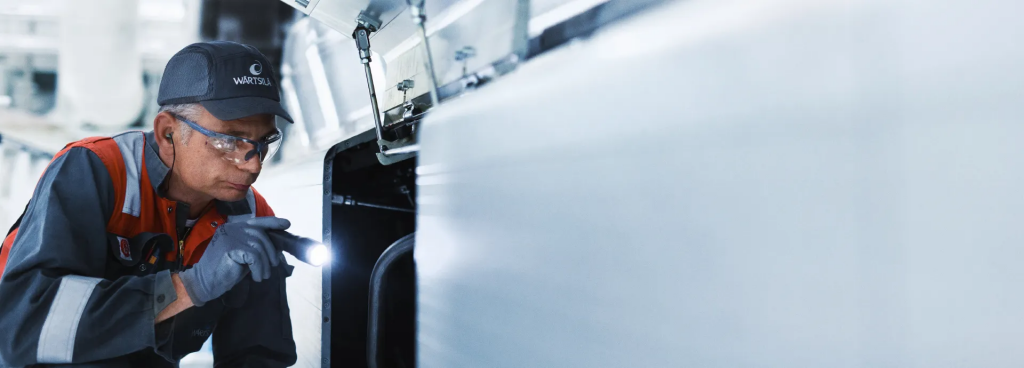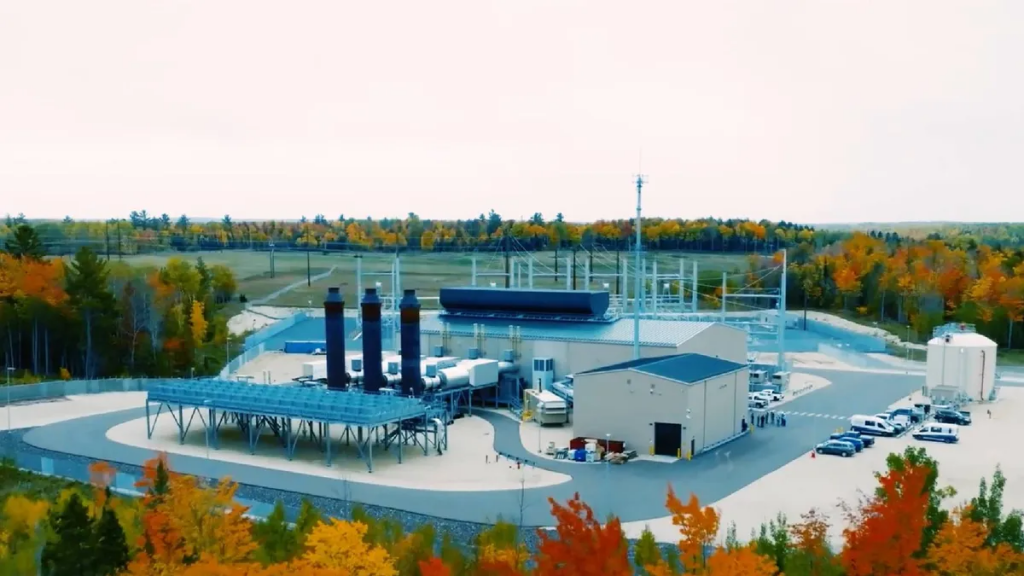Wärtsilä, a technology group, and WEC Energy Group have collaborated to test the performance of a Wärtsilä engine that runs on a hydrogen-blended fuel. The two groups have successfully tested the world’s largest commercially operated flexible balancing engine using a 25 vol percent hydrogen-blended fuel, a world-first achievement.
The Electric Power Research Institute (EPRI) also participated in the tests, confirming the feasibility of blending hydrogen with natural gas for use in an existing Wärtsilä engine. The tests took three days and demonstrated the engine’s ability to co-fire hydrogen blends, improving engine efficiency and reducing greenhouse gas emissions while maintaining compliance with NOx emissions.

Anja Frada, Chief Operating Officer of Wärtsilä Energy, praised the results, saying that they provide clear evidence that Wärtsilä’s engine technology can deliver future-proof power solutions that make a huge contribution towards decarbonized operations. The results were outstanding, and Wärtsilä continues to develop and future-proof its engines to run on sustainable fuels.
The company expects an engine and power plant concept to be available for operating with pure hydrogen by 2026.
EPRI Vice President of Energy Supply and Low-Carbon Resources, Neva Espinoza, expressed her excitement for the project, saying that EPRI is accelerating the deployment of a complete portfolio of clean energy technologies to support a net-zero future.
The demonstration project with Wärtsilä and WEC Energy Group is significant in showing the potential of hydrogen blending in natural gas-fired engines, and the learnings from the project will be shared with the energy industry to further progress toward deep decarbonization targets.

The use of renewable energy sources such as wind and solar is rising, creating opportunities to produce hydrogen for long-term energy storage from excess renewable energy. In addition, hydrogen burns without paying any carbon species, including CO2, making it exceptionally eco-friendly.
Gale Klappa, Executive Chairman of WEC Energy Group, stated that the company is pleased to take a leading role in exploring the potential of this technology as they focus on providing customers with affordable, reliable, and clean energy. Moreover, this project strongly indicates that dispatchable units can run on low- and no-carbon fuels as more renewable energy comes online.

The use of hydrogen as a sustainable fuel source is expected to play an essential role in achieving decarbonization targets and transitioning towards a net-zero future. With continued efforts and collaborations like this, the energy industry can further progress towards deep decarbonization targets and provide consumers with affordable, reliable, and clean energy.


